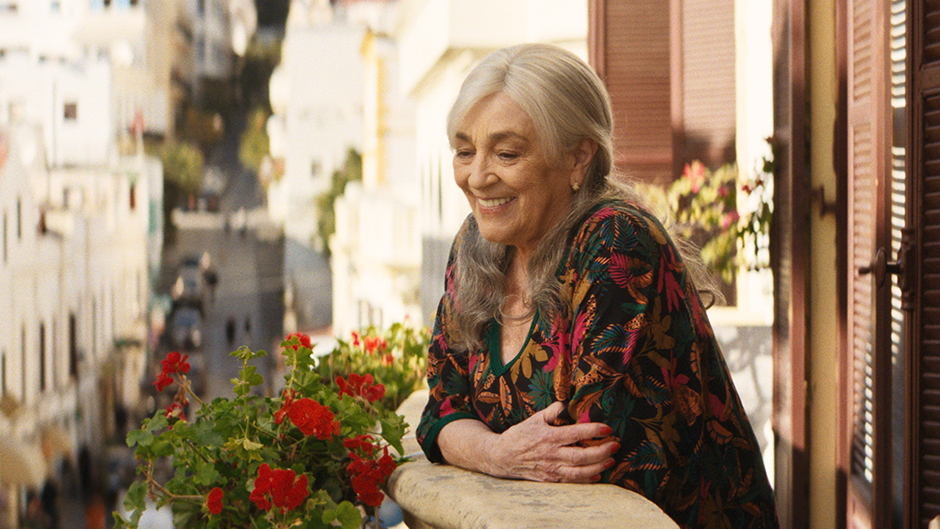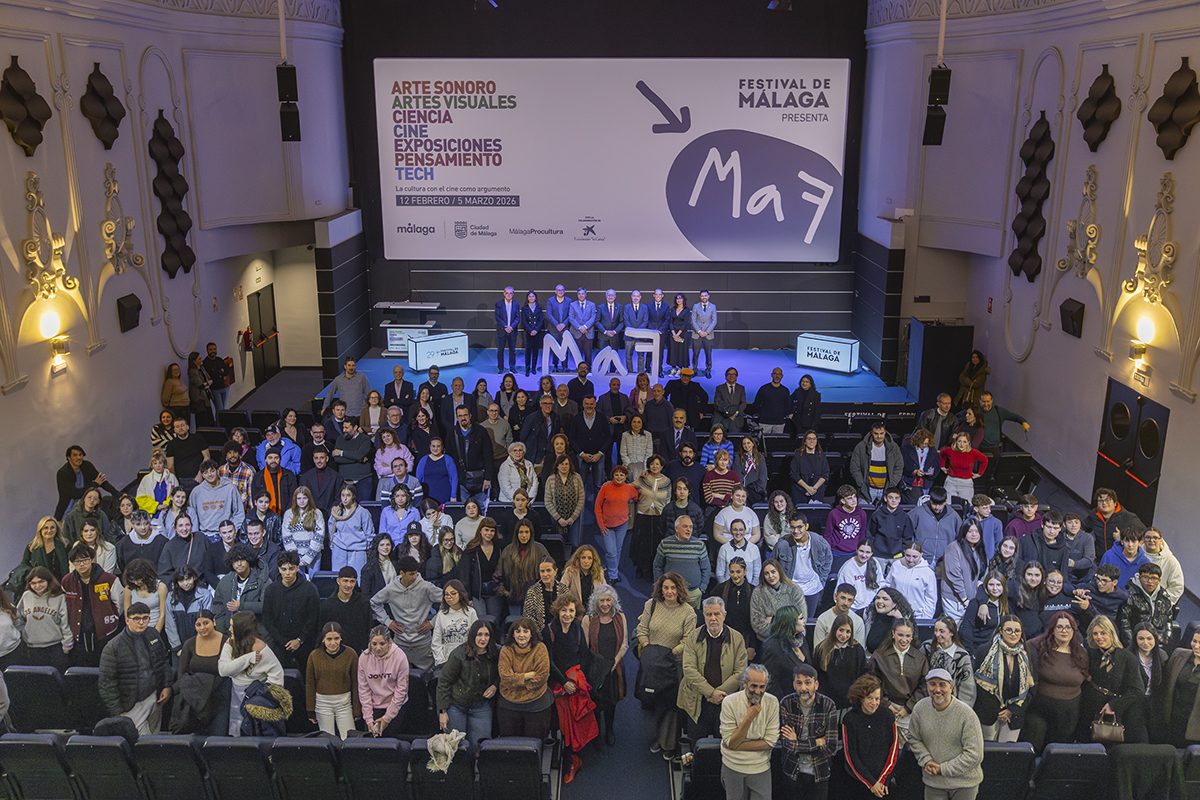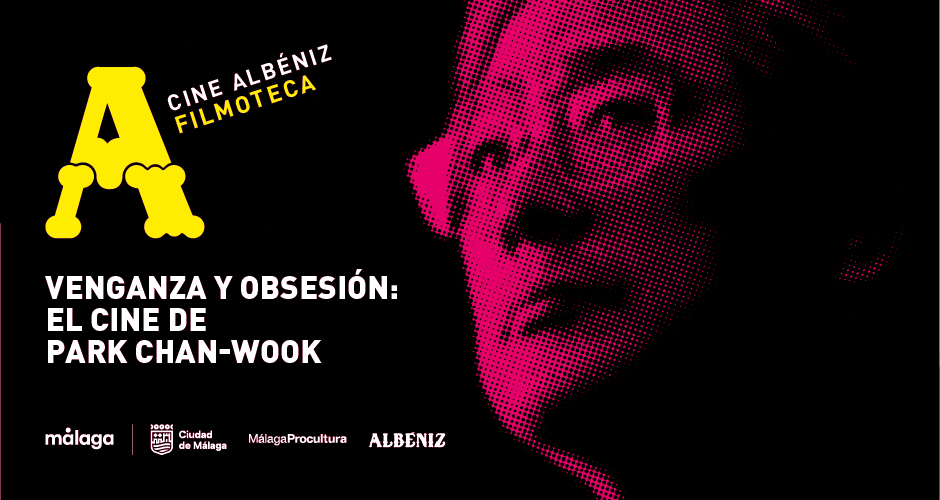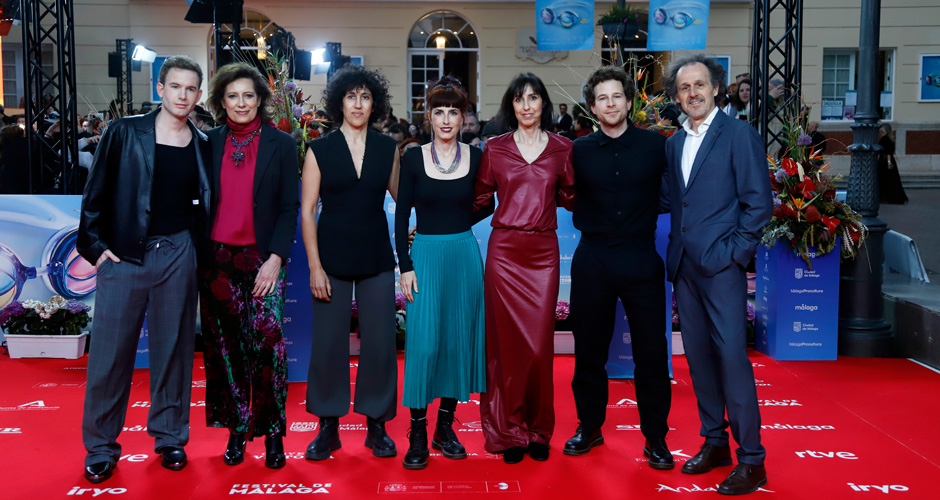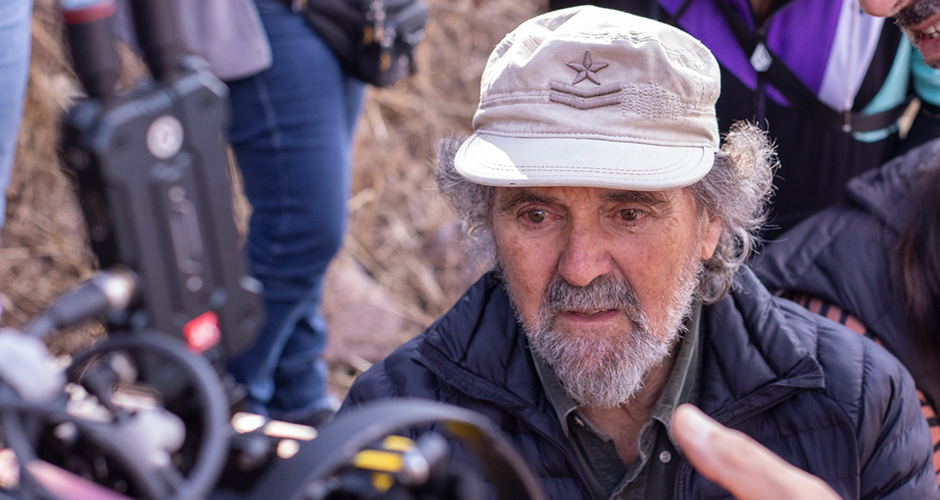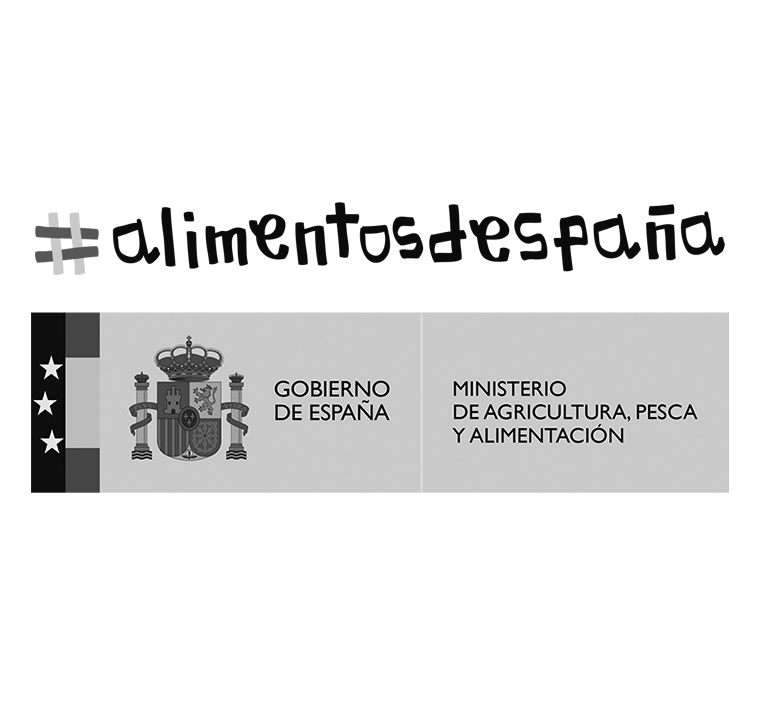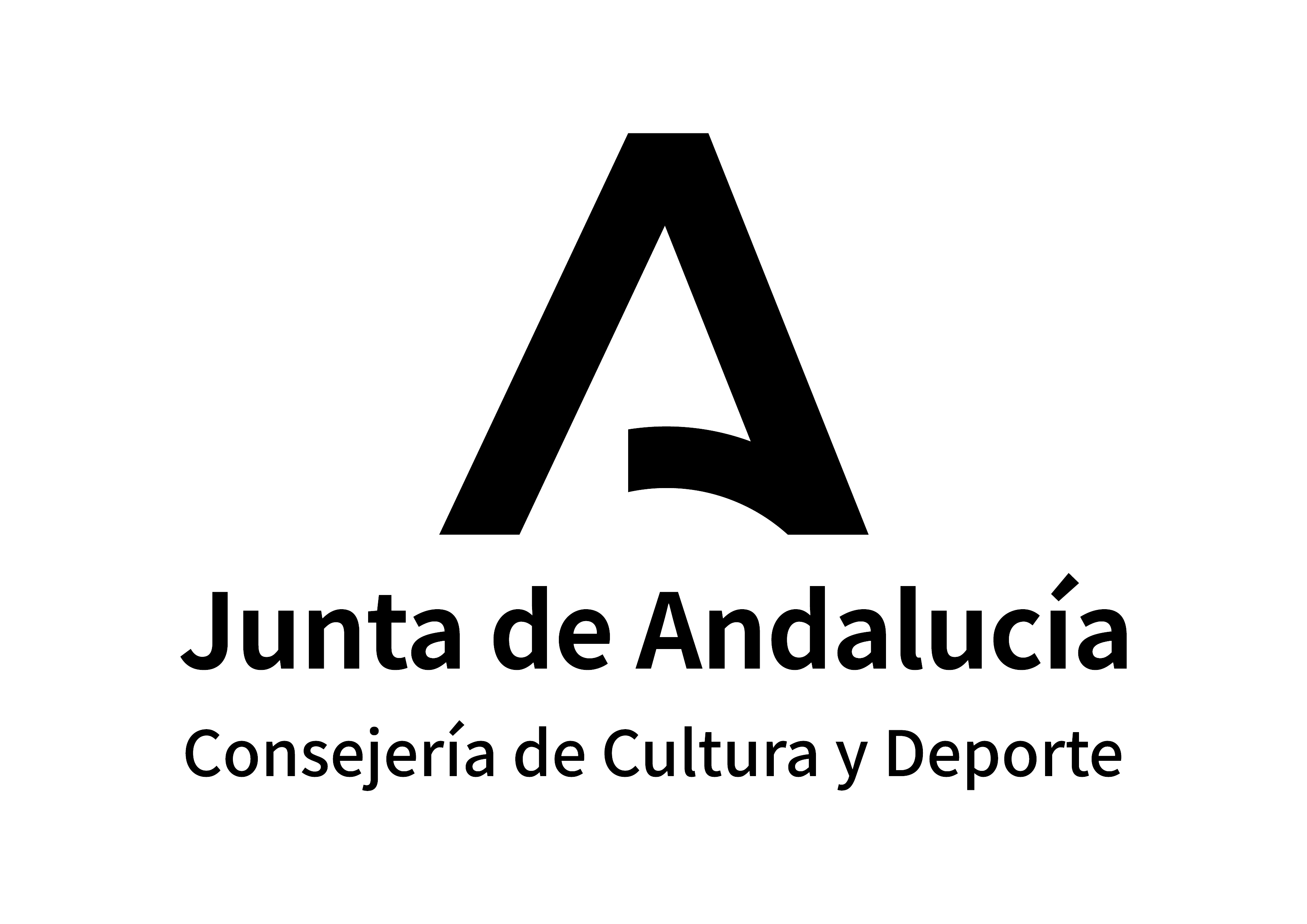The short films in the Festival de Málaga Official Competition were presented this weekend at the Albéniz cinema
In total, more than 25 films were screened, divided into four programmes
The Short Films Official Competition of the 28th Festival de Málaga got underway yesterday, with the screening of the first two programmes. Programmes 3 and 4 were presented today in a packed Cine Albéniz. Before the start of the sessions, the teams presented their films to the audience. A total of 27 short films were screened, grouped into four programmes.
Programme 1, which ran for 109 minutes, included the short films ‘Yaya’, by Sara Sálamo, which tells the story of a couple who hire a women to care for their grandmother; ‘Urtajo’, by Miguel Ángel Marqués Bordoy, about a politician who finds himself in a moral dilemma; ‘Solo Kim’, by Javier Prieto de Paula and Diego Herrero, which follows a transgender teenager through his fears; ‘Insalvable’, by Javier Marco, about a dinner at which a man meets up with a stranger whose life he saved a few weeks earlier; ‘On no ji ha llum (Donde no hay luz)’, by Julia García, in which a young woman manages to bring light to the dimly lit room of a friend through a play of mirrors; ‘Hormiguilla’, by Fran Granada, in which a picnic between a father and son brings to light a secret that had been buried for many years; and ‘Ajar’, by Atefeh Jalali, which tells the story of an extra-marital relationship in the complicated context of Iran
Programme 2 (112 minutes), featured the films ‘El otro’, by Eduard Fernández, which talks about loneliness and addictions; ‘Vida o teatre (Vida o teatro)’, by Guillem Manzanares, which depicts the tension between a mother and her daughter; ‘Polígono X’, by Néstor López, tells the story of the rivalry on a local neighbourhood soccer field; in ‘La fuerza’, by Cristina Martín Barcelona and María José Martín Barcelona, a school debate about the film ‘Star Wars’ becomes a valuable lesson; ‘Judoka (Judoca)’, by Ander Iriarte, in which we witness a racist attack in the world of judo; ‘Una cabeza en la pared’, by Manuel Manrique, which talks about the world of bullfighting since the abolition of bullfighting in Spain; and ‘El cuento de una noche de verano’, by María Herrera, which portrays a couple on a first date.
The short films screened in Programme 3 (108 minutes) were: ‘De sucre (De azúcar)’, by Clàudia Cedó, where we meet a woman with learning disabilities who wants to become a mother; ‘Planetagatik (Por el planeta)’, by Eneko Muruzabal Elezcano, which talks about the environmental regulations at a food research laboratory; ‘Nens (Niños)’, by Anna Martí Domingo, about toxic masculinity; ‘Instinto paternal’, by Nacho Martínez, which follows a male couple on their search for an agency that will enable them to experience fatherhood; ‘El norte’, by Cordelia Alegre, in which a grandmother and her granddaughter get lost; ‘Còlera (Cólera)’, by José Luis Lázaro, which tells the story of two boys on a beach who need to ask a stranger for help; and ‘Marciano García’, by Luis Arrojo, where we meet a man with Downs Syndrome who wants to become an astronaut.
Finally, Programme 4 (104 minutes) screened the short films: In 'Pipiolos', Daniel Sánchez Arévalo tackles new family models; 'Abril', by Alexandra Iglesias, shows how its protagonist changes from a girl to a woman; 'Maruja', by Álvaro G. Company, talks about the loneliness of an older woman who has recently become a widow; 'La idea de una isla', by Carmen Pedrero, portrays a mother who tries to keep her 9-year-old daughter from noticing the war around them; in 'Kokuhaku', by Adrià Guxens, a young Japanese actor returns to the past to relive his most intimate memories; and 'Lo que no se ve', by María Algora and Mikel Bustamante, which tells the story of Ane, who learns a dark family secret on her 30th birthday.
Share









